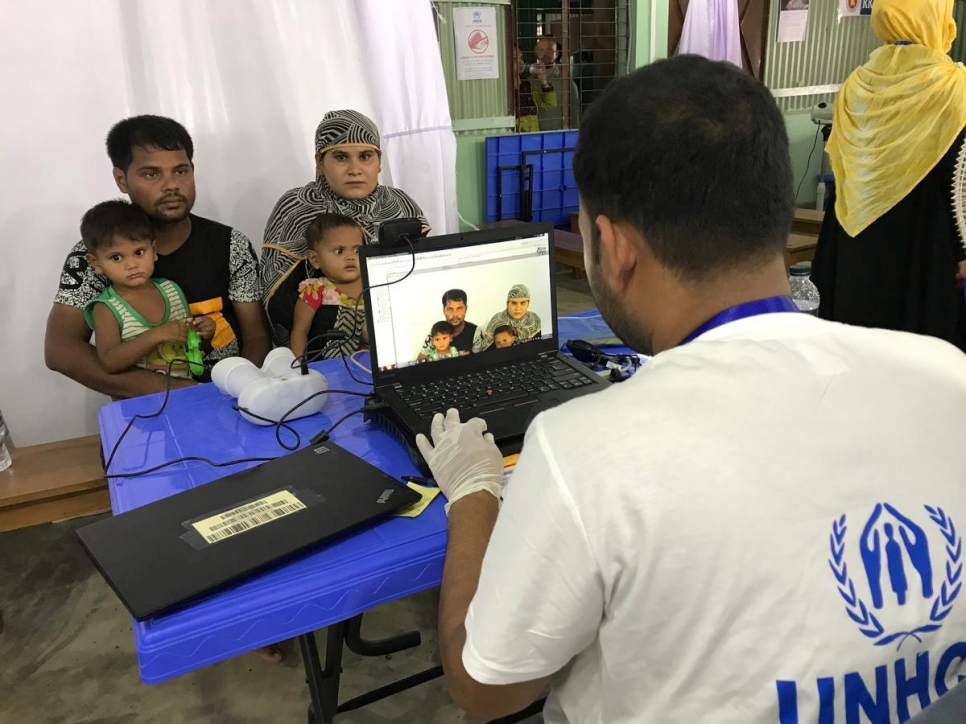News & Updates
New identity cards protect Rohingya refugees in Bangladesh
11 July 2018

According to the United Nations refugee agency, Rohingya refugees who received shelter in Bangladeshwill soon have plastic IDs in credit-card size.
The delivery of new IDs, which began in late June, is expected to be completed in six months. The Bangladesh Government and UNHCR issued jointly the plastic IDs. The card contains numerous anti-fraud features.
Charlie Yaxley, the spokesperson for the Office of the UN High Commissioner for Refugees (UNHCR) commented:
“[The new ID exercise] will help consolidate a unified database for the purposes of protection, identity management, documentation, provision of assistance, population statistics and ultimately solutions for an estimated 900,000 refugees who have fled from Myanmar to Bangladesh in successive waves of forced displacement.”
Over 720,000 refugees have fled in Bangladesh, which has been one of the world’s largest and fastest growing refugee emergencies for years.
The spokesperson said:
“The verification will play a key role in establishing refugees’ identities and their declared places of origin in Myanmar. It will help preserve their right to voluntarily return home, if and when they decide that the conditions are right to do so.”
The exercise provides another level of protection. It will also help to retrieve reliable refugee data. It can assist the Government as well as humanitarian partners to better understand refugees’ special needs, offer protection and assistance, and avoid duplicating services.
Mr. Yaxley explained:
“Biometric data, including iris scans and fingerprints as well as photographs, are used in the exercise to confirm individual identities for all refugees over the age of 12.”
Despite of the heavy monsoon rains in recent days, 4,200 refugees have been verified since the beginning of exercises. Most of the people realised the significance of getting an identity card after attending their verification appointments.
Filippo Grandi, the UN High Commissioner for Refugees said after his visit to Bangladesh.
“Greater resources must be allocated to develop education, healthcare, and infrastructure to establish a more sustainable life for Rohingya refugees and their hosts.”
The continuous response to the Rohingya refugee crisis is to stay focused on fulfilling the paramount humanitarian needs and mitigating the impact of monsoon rains in refugee settlements.
Only 26% of the UN’s Joint Response Plan for the Rohingya refugee situation in Bangladesh has been funded.
Mr. Yaxley concluded:
“Additional international support is needed to step up the assistance from purely humanitarian and day-to-day support towards medium-term and developmental assistance.”
Join us for the 10th Anniversary AIDF Global Summit in Washington D.C, USA on 5-6 September 2018, where this topic and more will be discussed.
If you’d like to stay informed on the latest updates in aid and development, please sign up for the AIDF newsletter.
Image credit: UNHCR